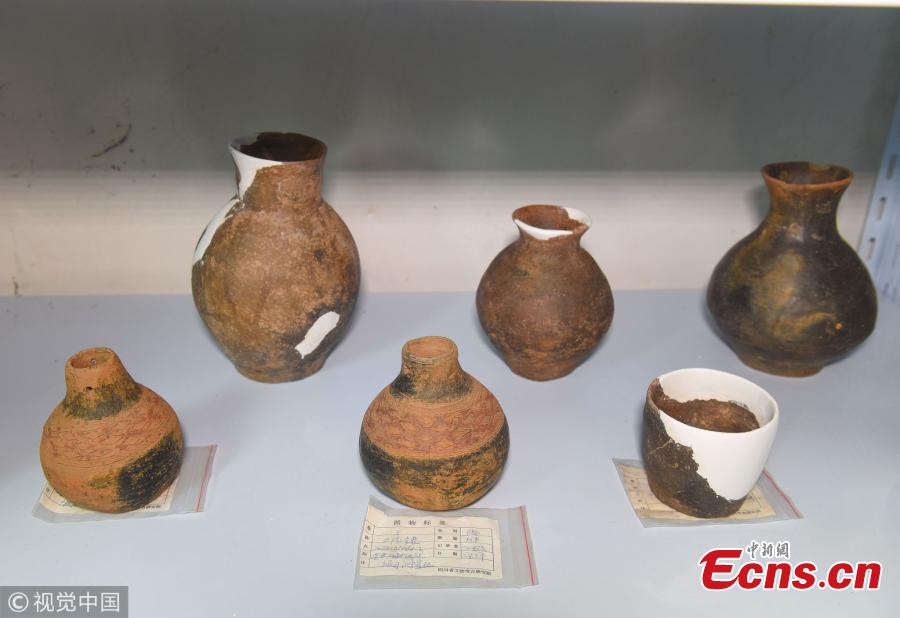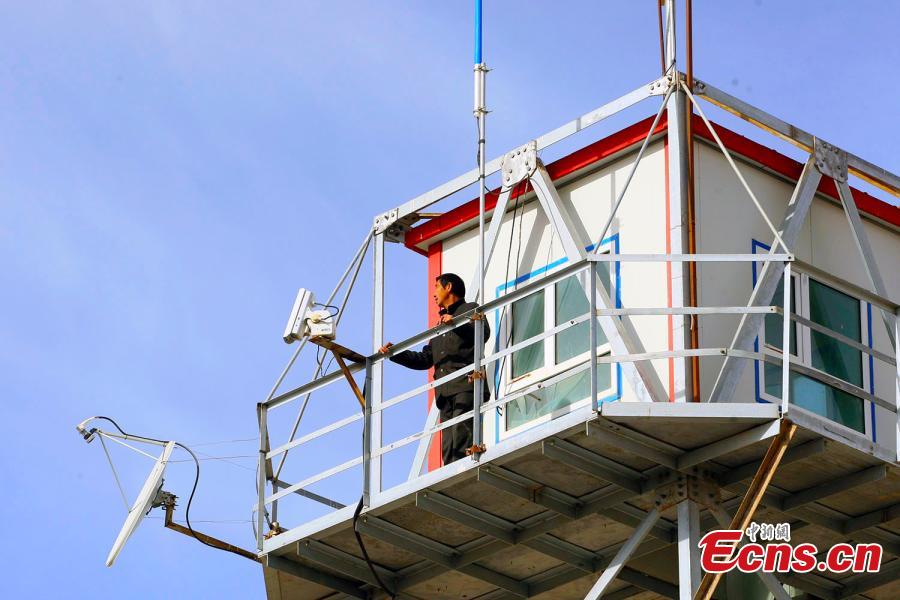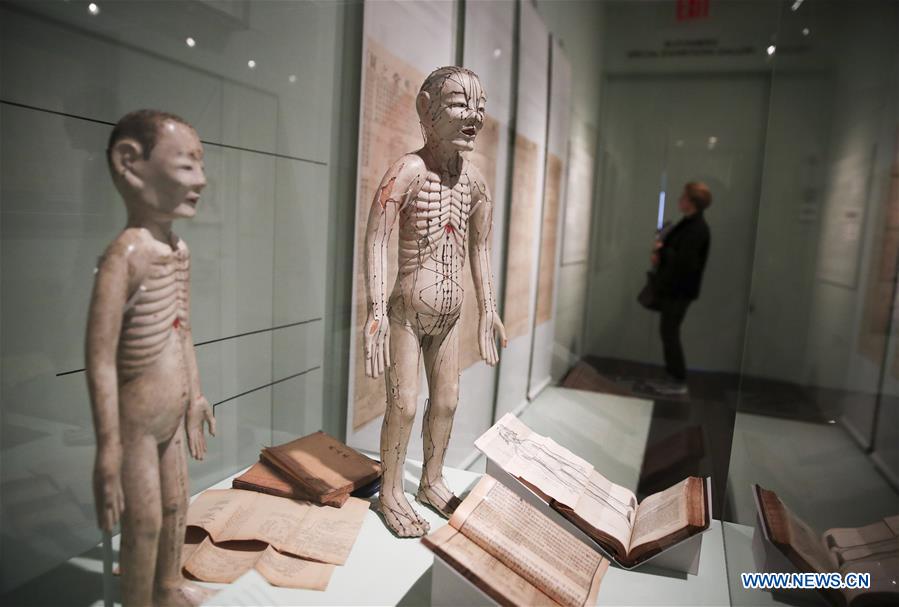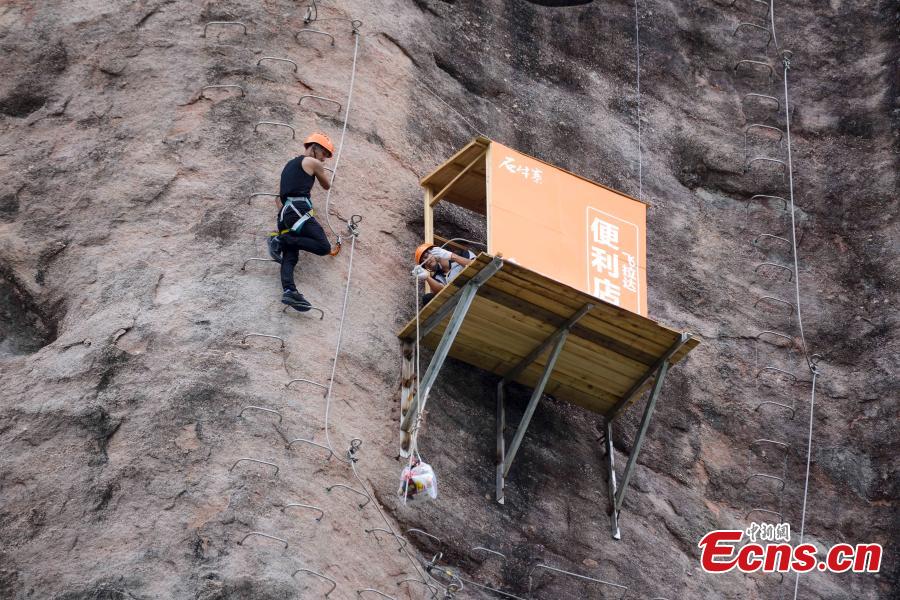China's top legislature Friday passed a law on people's assessors, which allows a group of citizens to work with professional judges to try cases in court.
The law was adopted after the second reading at the bimonthly session of the Standing Committee of the National People's Congress (NPC).
The law states that assessors will "have equal rights" as judges in trial, unless the law specifically provides otherwise.
Assessors will be able to decide on both law application and the facts in a three-person collegiate bench, but will focus on the facts in a seven-person bench.
Li Shouwei, an official with the NPC Standing Committee's Legislative Affairs Commission, said the seven-person bench was usually composed of three judges and four assessors.
"It is more prudent to use the seven-person bench to try cases with a big social impact," Li said. "The assessors have broad life experience and know the public concerns well. These advantages are good to ensure a better trial."
Chinese citizens who are 28 years old or above, uphold the Constitution, obey the law, are honest and well-behaved are eligible for the service.
In most cases, assessors are randomly selected. But lawyers, notaries and arbitrators, among others, are excluded from the service.
Also excluded are people who have received criminal punishment, been removed from public posts, disbarred, and listed as court order defaulters.
The practice of assessors has existed in China for a long time, but the country did not have a law on the system until now.
In 2015, a pilot to formalize the practice began in 10 provincial-level regions.
According to a progress report, a total of 13,740 assessors had participated in the pilot up until this April. This included 30,659 criminal cases, 178,749 civil cases and 11,846 administrative cases.
The law gives assessors a bigger role, allowing them to hear some of the most severe cases, in which death penalty is possible.
"The law reflects the progress and experience gained from the pilot program," said Lin Wenxue, an official with the Supreme People's Court. "More people can now sit in court as assessors. The system's representation has been broadened."
Lin said the top court would soon draft detailed provisions for the system and train members of the public to be qualified assessors.
The law takes effect on publication.


















































